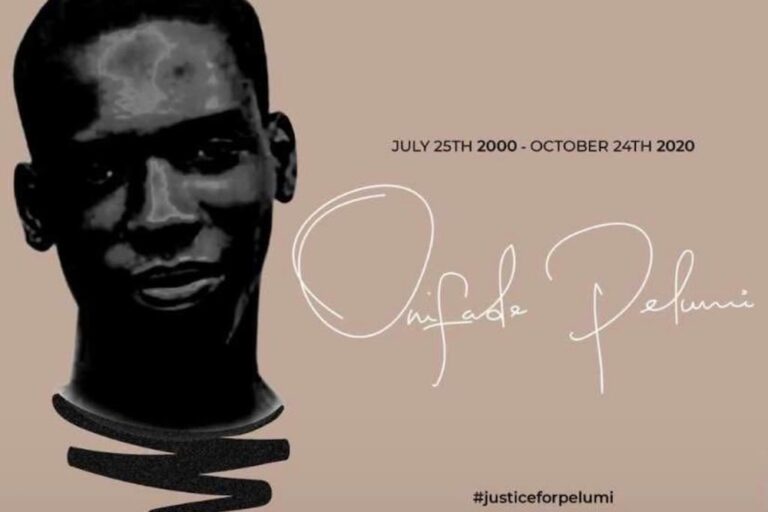(MRA/IFEX) – On 1 November 2004, the Nigerian Navy court martial set up to try three senior naval officers for alleged complicity in the loss of a detained oil bunkering ship, the MT. Africa Pride, ordered journalists to stay away from its proceedings as of 2 November. No reason was given for the ban. On […]
(MRA/IFEX) – On 1 November 2004, the Nigerian Navy court martial set up to try three senior naval officers for alleged complicity in the loss of a detained oil bunkering ship, the MT. Africa Pride, ordered journalists to stay away from its proceedings as of 2 November. No reason was given for the ban.
On 2 November, journalists who attempted to cover the trial at the Naval Training Command’s conference room, located on the naval base in Apapa, Lagos, were sent away. When “The Guardian” newspaper correspondents assigned to cover the court martial contacted the naval information director, Captain Senebi Hungiapuku, regarding the matter, he confirmed that journalists had been barred from covering the trial. Another source said that Defence Headquarters had sent signals to the court indicating that journalists should not be allowed to cover the proceedings until the end of the case. According to a different source, Defence Headquarters believes the case is a purely military affair rather than a civil matter, which journalists would be entitled to cover.
Journalists were only allowed to cover the 1 November court session, when the prosecution opened its case. The banning order was subsequently issued. The officers on trial, Rear Admiral Anthonio Bob-Manuel, Rear Admiral Francis Agbiti and Rear Admiral Samuel Kolawole, reportedly protested the barring of journalists from the court sessions to no avail.


